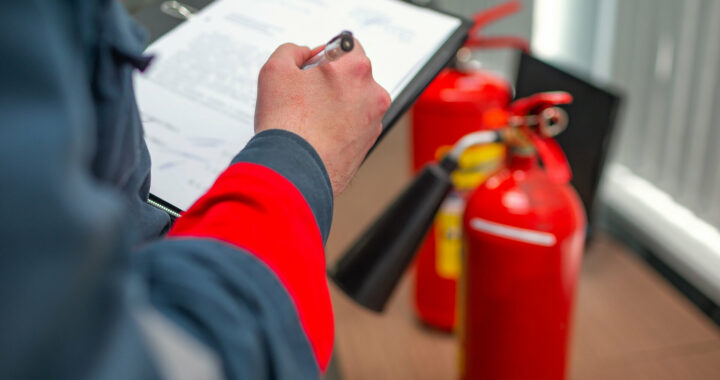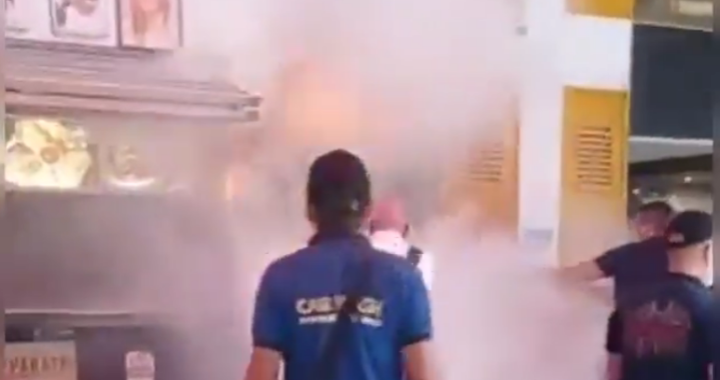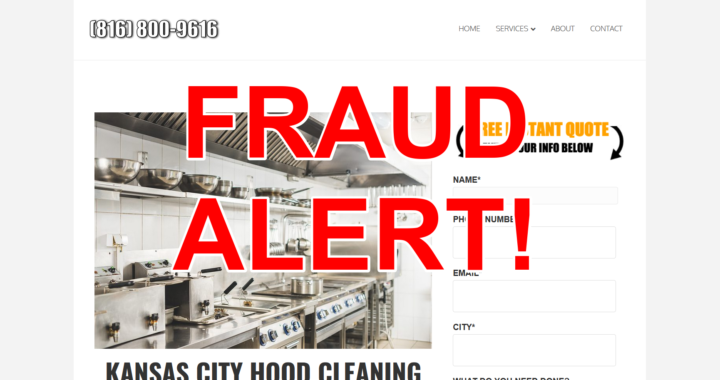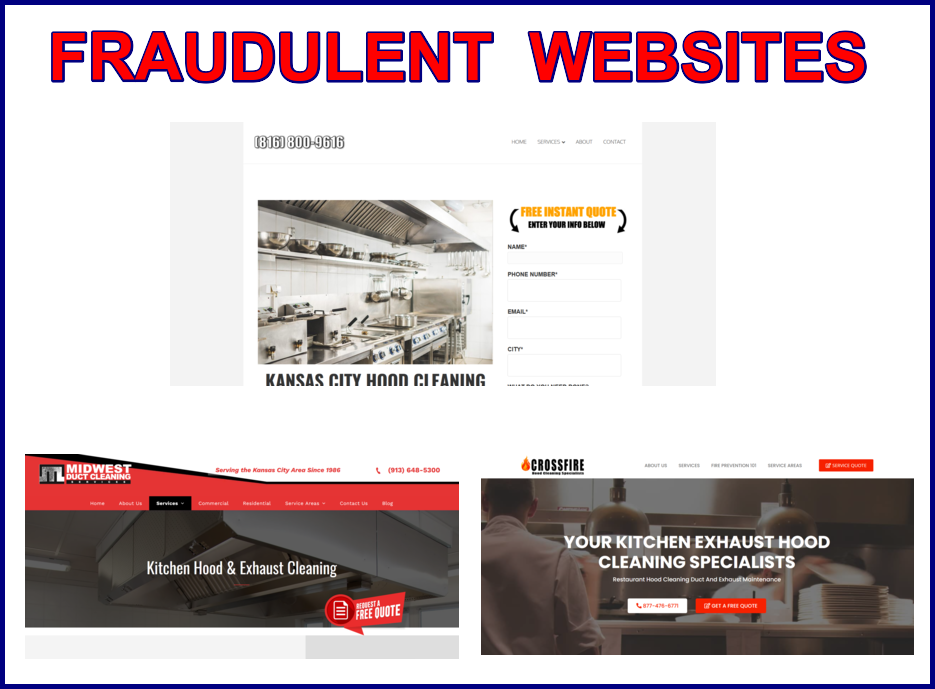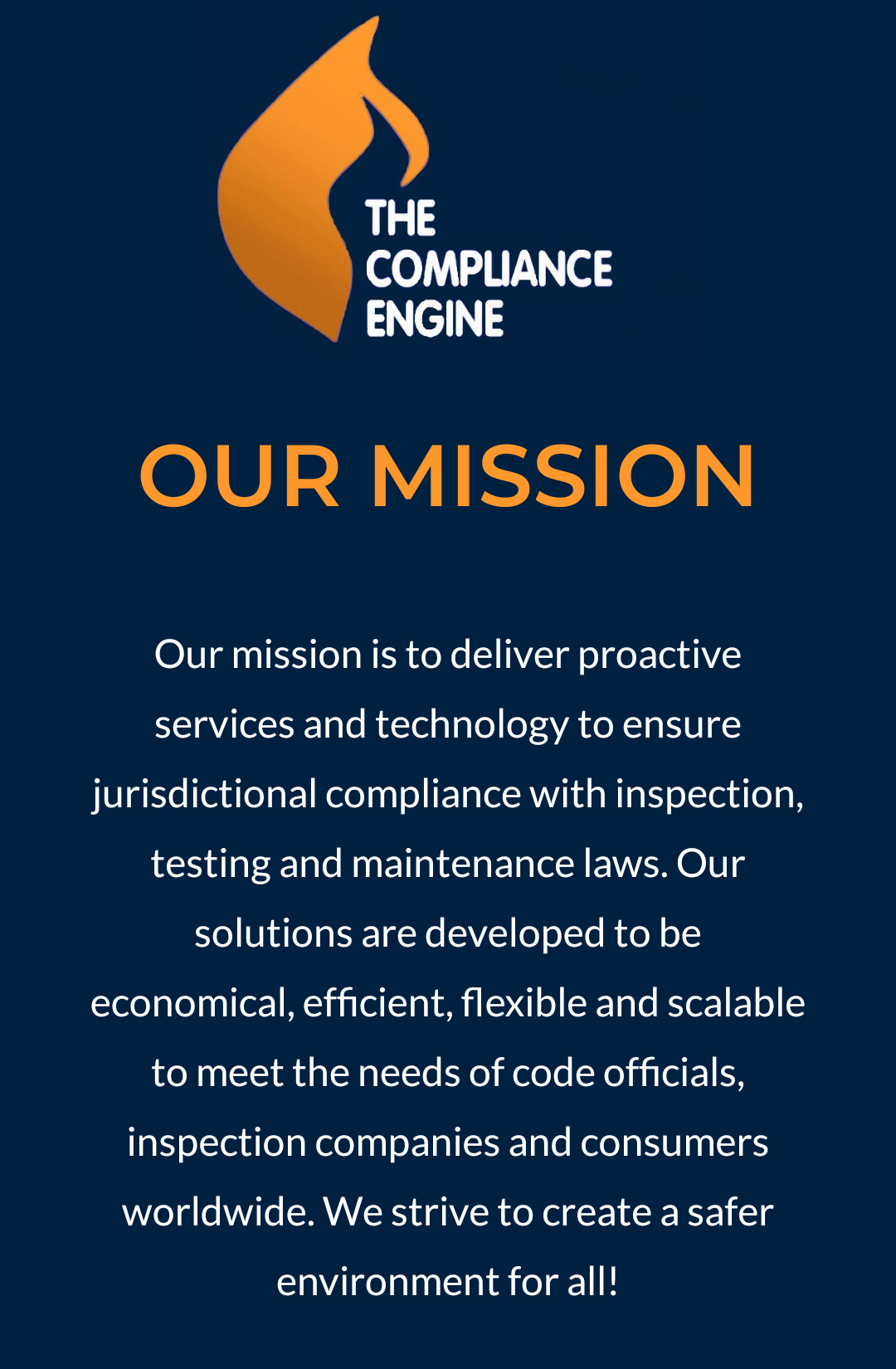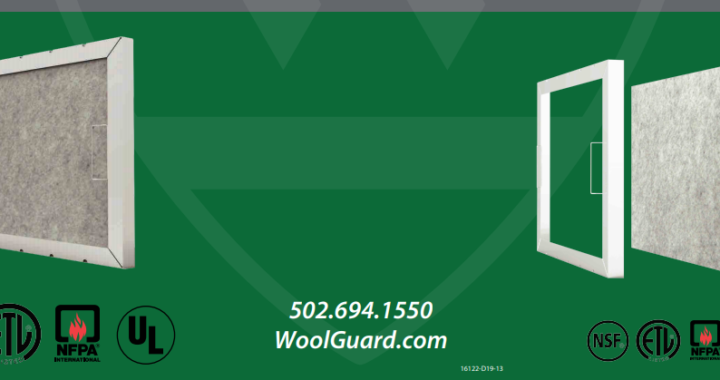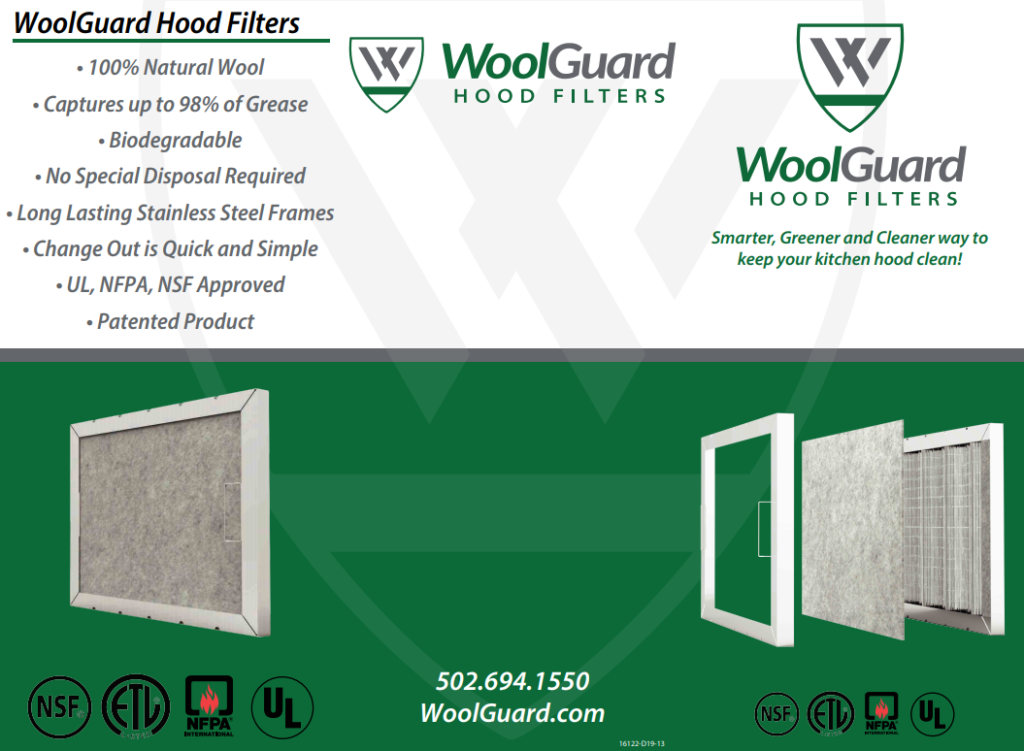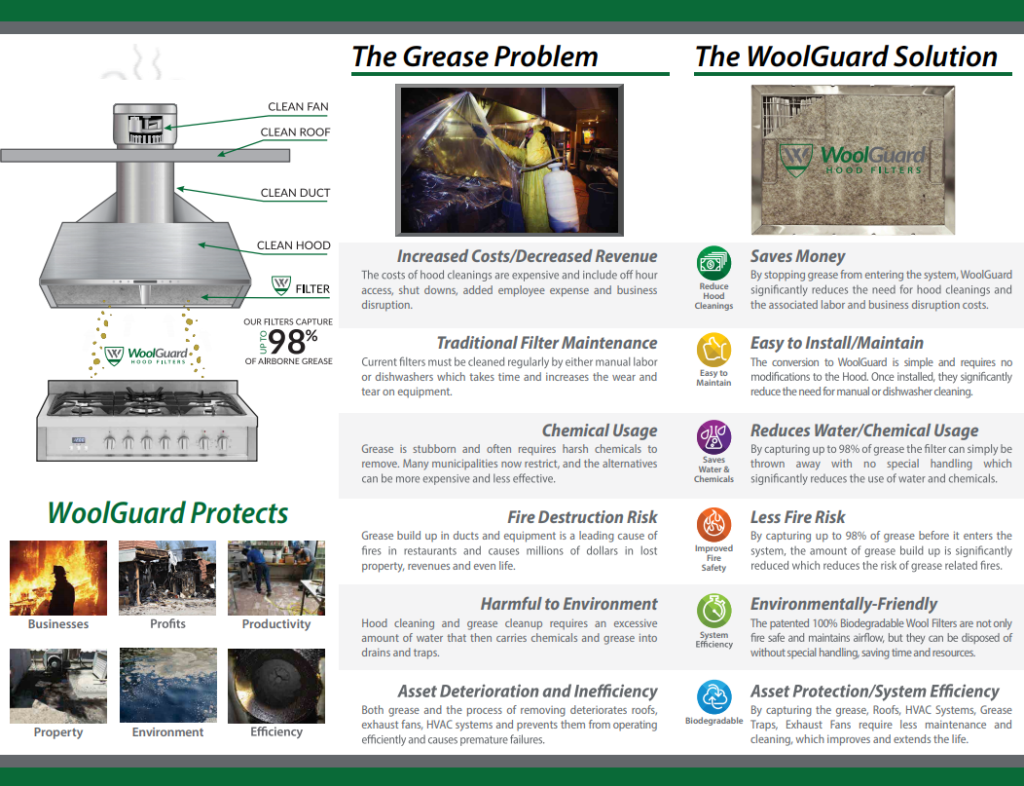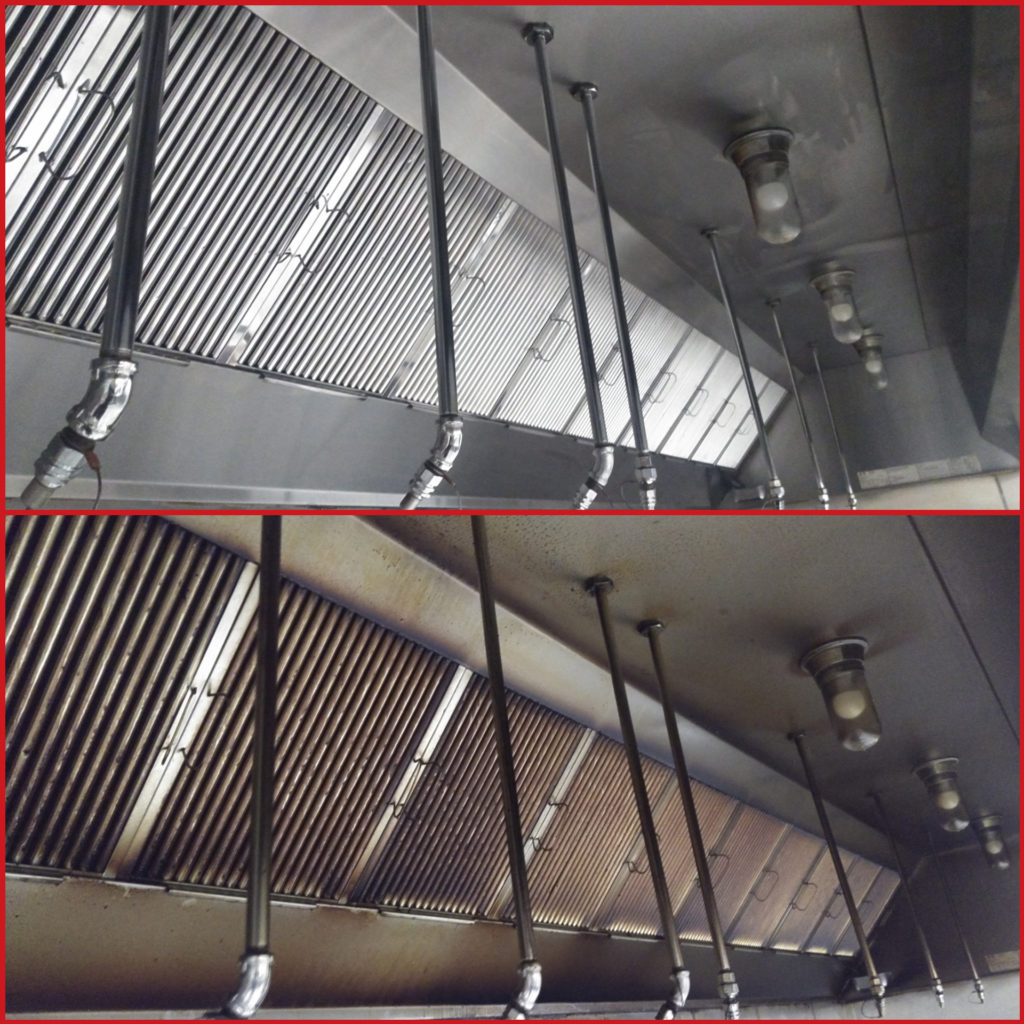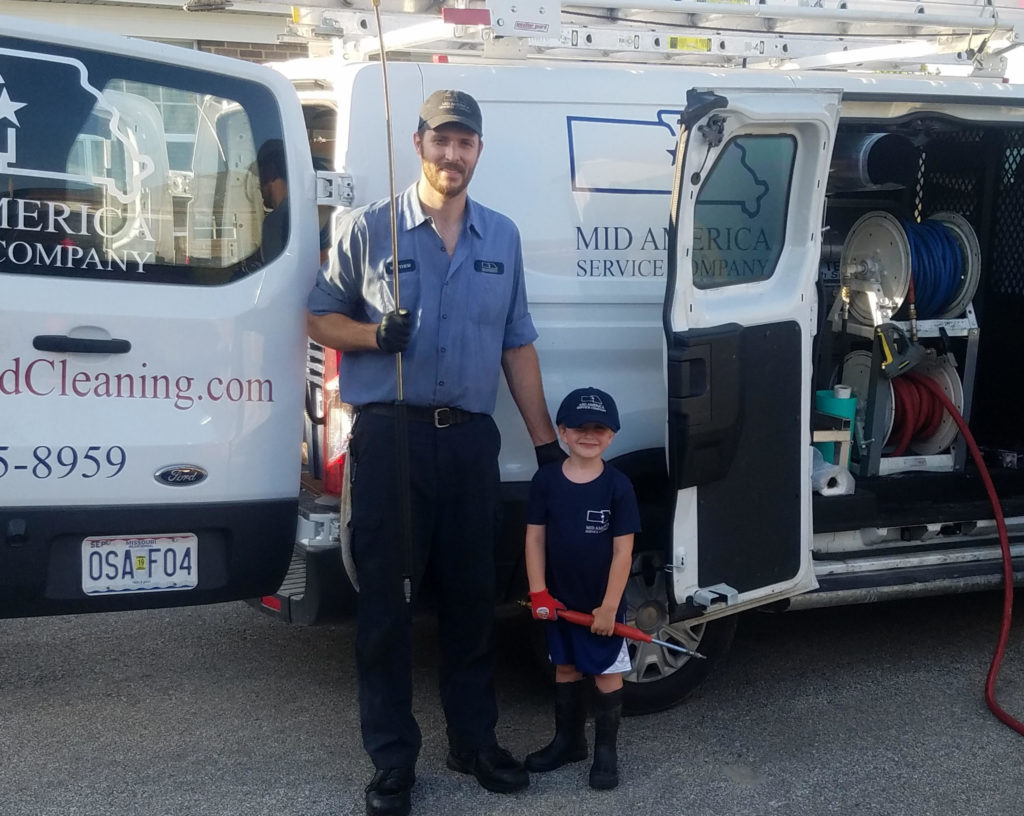Fire Prevention Tips Every Restaurant Owner and Manager Needs to Read
One of the most significant worries for restaurant owners and managers is fires. You may, however, have a fire-free business with the correct information, practices, and services. While nothing can ensure full fire safety, following these simple guidelines can keep your restaurant safer for years to come. Keep reading and then contact Flue Steam at 800-700-FLUE if you need additional help with fire prevention and automatic fire suppression systems.
Install a fire-suppression system that works automatically
Installing an automated fire-suppression system is the first step in preventing fires in your restaurant. Because the majority of restaurant fires involve cooking equipment, a restaurant’s fire-suppression system is intended to automatically dispense the appropriate chemicals to deal with flames involving cooking oils and other kitchen materials.
Service for the fire suppression system on a regular basis
It is not sufficient to just install an automated fire suppression system. You must also maintain your vehicle on a regular basis. The frequency with which you should have your fire suppression system maintained is determined by a number of factors, so always consult with a professional who is familiar with your system’s requirements and can ensure that it is ready to put out any fire that arises.
Clean the exhaust ducts thoroughly on a regular basis
The purpose of your exhaust system is to take hot air from your kitchen and distribute it outdoors via a duct system. It does, however, serve the purpose of eliminating vaporized oil from the air. Grease may build up in the duct system, and if it gets too hot, it can start a hazardous and catastrophic fire. However, by cleaning your ducts on a regular basis, the risks of a grease fire in your ducts are greatly decreased.
Employees should be trained in fire prevention and suppression
The measures for fire prevention and suppression should be understood by all of your personnel, from top-level managers to freshly recruited servers. Make sure kids know how to avoid a fire and what to do if one does break out. The usage of fire extinguishers and when to escape the premises should be included in this training.
Maintain a clutter-free kitchen and storage area
One of the most proactive things you can do to avoid fires is to keep the environment clean. It will not only improve the appearance of your restaurant to your guests, but it will also lessen the risks of a fire spreading. Make sure any flammable things are kept appropriately, and dispose of rags and other flammable waste in a container away from the kitchen. All grease spills should be completely cleaned, and flammable liquids should be stored in a puncture-resistant container that has been firmly sealed.
Fire extinguishers should be serviced on a regular basis
Your fire extinguishers, like your automated fire suppression system, will need to be maintained on a regular basis. Working with a company that not only sells but also services fire extinguishers will ensure that you have all you need for a safe, fire-free restaurant.

